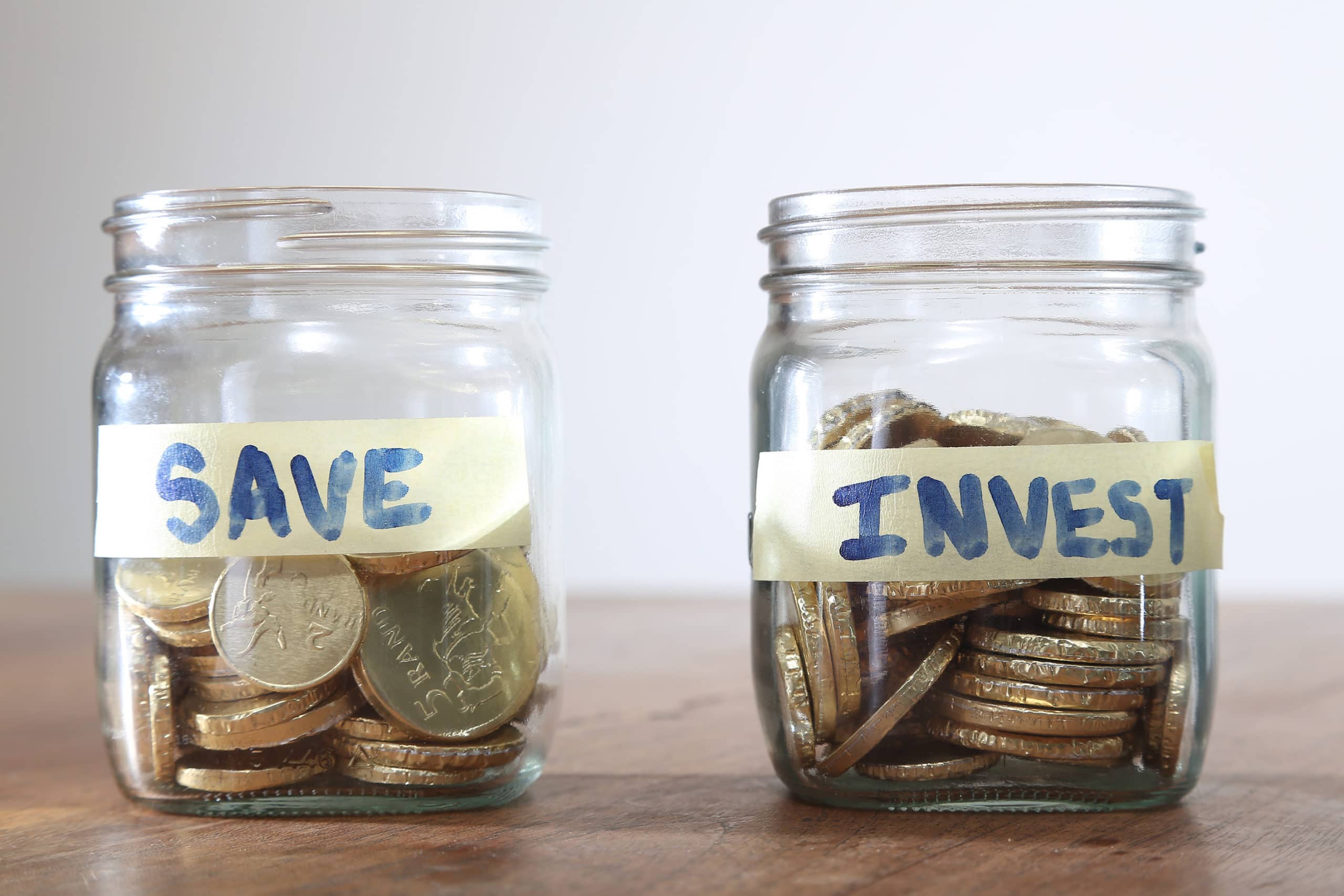Paying off debt or saving is one of the biggest dilemmas for cash–strapped expats who want to save for retirement.
Besides not having enough money, the main reason why many people are in debt is because they have no savings if an expensive unfortunate event strikes – like an expensive repair to the home or car.
The question is do they build a nest-egg or reduce their debts?
The debt v savings dilemma is easily resolved. Interest and other charges on debt is typically more than the interest earned on savings, so getting rid of the debt makes financial sense.
Then, when the debt has gone, live within your means and put money into savings and a pension.
Banks make their money from people who owe them money. They pay less interest to savers and use their money to lend to borrowers at a higher rate of interest. The difference between the two rates is their profit.
Don’t trust your bank
Conventional wisdom is to start saving a little as early as you can, which makes sense if you do not have any debts.
If you save while in debt, you are really borrowing your own money at a more expensive rate from a middleman, which is a ridiculous concept.
You cannot trust a bank or building society to give you impartial financial advice because many of their managers and sales staff earn their salaries based on the amount of money they bring in. Few will even ask if you have debt if you want to open a savings account.
The exceptions to paying down debt first is with borrowing that has an early exit charge and interest-free loans.
The best way of dealing with that is saving the cash to pay the debt in one go when the exit charges expire or the interest-free period runs out.
Emergency savings
Emergency funds for savers with credit cards are also dubious.
Paying off the credit card and keeping the balance at zero may impact your credit rating a little, but it also offers peace of mind that you have some cash to hand if you need extra money to replace a big-ticket item like a washing machine.
Pick the debts with the most expensive interest rates to pay off first and when they have gone, use the money you free up to pay down any cheaper debts or cards.
Also forget any loyalty to your provider – they are choosing to charge you high interest rates, so why should you be loyal to them?
Look to transfer any loan or card balances to a cheaper provider and then work to reduce them to zero.
